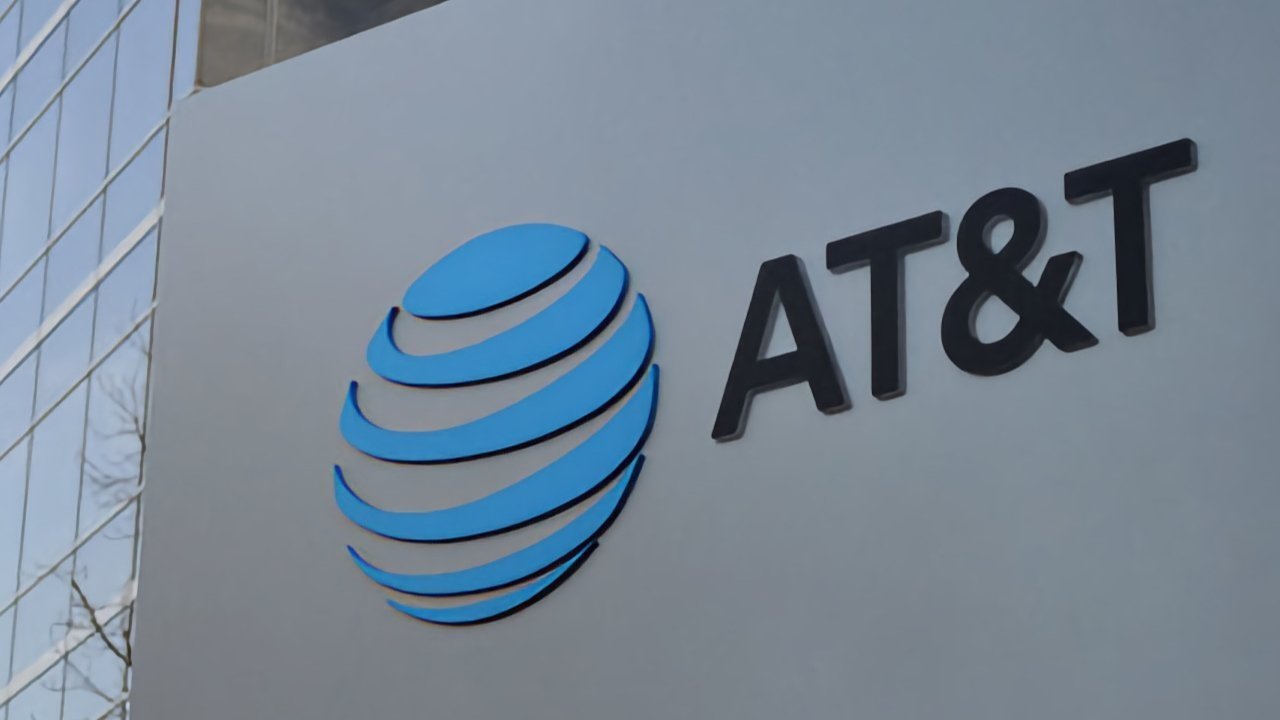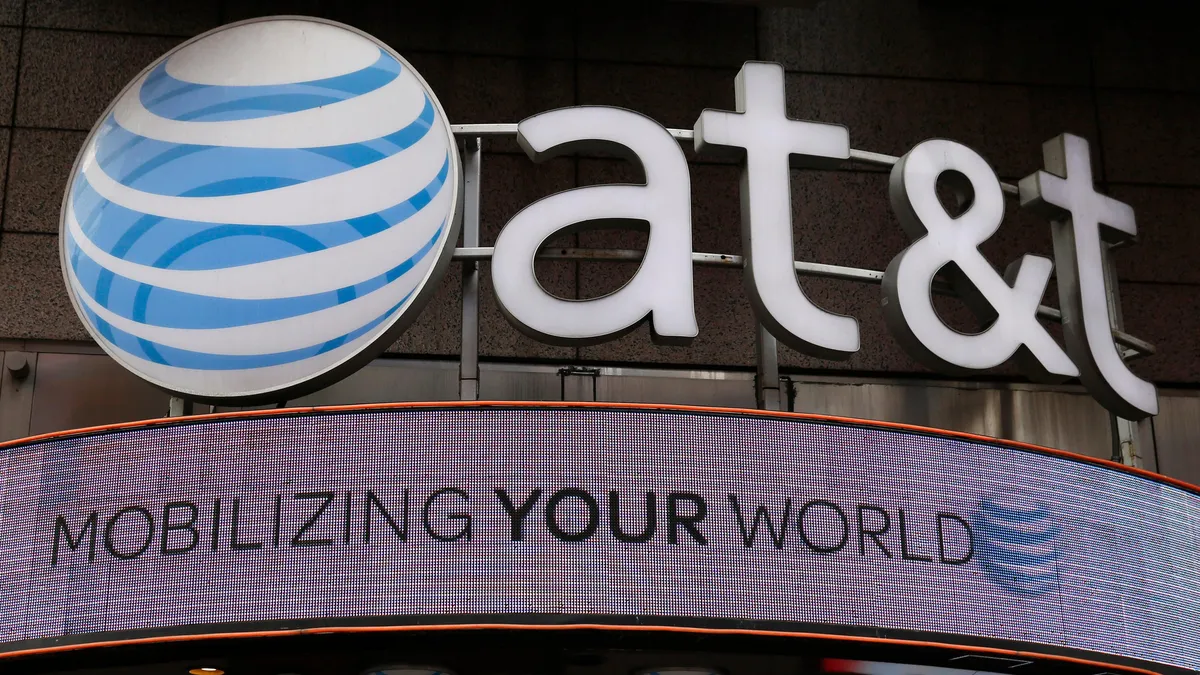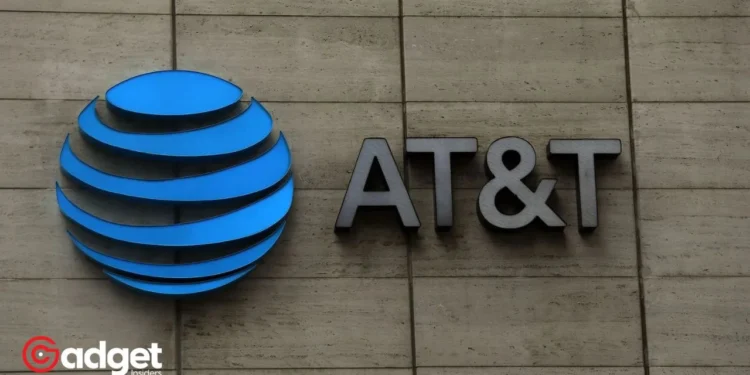In the early hours of a seemingly ordinary Thursday, thousands of AT&T customers across the United States woke up to a frustrating reality: their cell phones, devoid of signal, were rendered almost useless without the lifeline of Wi-Fi connectivity. This incident, rooted not in cyber malevolence but in an internal mishap during network expansion efforts, marks yet another chapter in the saga of technological hiccups affecting consumers on a massive scale.
The Unwelcome Surprise
A cellular tower, standing tall on February 22, 2024, in Redondo Beach, California, became an unwitting symbol of the outage that gripped cities nationwide, leaving tens of thousands of AT&T customers in a lurch. The disruption, according to AT&T, stemmed from an internal error as the company endeavored to widen its network’s reach.

AT&T’s Response: A Gesture of Goodwill
In an attempt to ameliorate the inconvenience caused, AT&T‘s CEO, John Stankey, announced a compensatory gesture to the “most impacted” consumer and small business customers. This compensation, reflective of the average cost of a full day’s service, represents the company’s acknowledgment of the disruption’s impact, albeit with limitations.
Notably, the credit excludes AT&T Business Enterprise and Platinum accounts, as well as AT&T prepaid and Cricket subscribers, with the latter group promising alternative options.
A Recurring Phenomenon
“This is not our first network outage, and it won’t be our last — unfortunately, it’s the reality of our business,” Stankey remarked, a candid admission of the challenges inherent in managing a vast telecommunications network. This transparency, while sobering, underscores the importance of preparedness among both providers and consumers in the digital age.

Empowering Consumers: Taking Charge of Your Rights
The outage has sparked a broader conversation about consumer rights and the proactive steps individuals can take to ensure fair treatment. John Breyault, a vocal advocate for consumer rights and vice president of the National Consumers League, emphasizes the importance of self-advocacy.
“Don’t wait for AT&T to make the determination,”
In wake of AT&T outage, consumer advocates say you should always ask for money back if there’s a blackout https://t.co/2js99CYlhO pic.twitter.com/f6zKse1AIM
— The Predictive Investor | Jason Augustine (@predictiveinv) February 28, 2024
Breyault advises those affected. He encourages customers to demand the credits they are due, leveraging customer service channels or digital platforms for potentially swifter resolution.
The Bigger Picture: A Call for Regulatory Reform
The incident also highlights a gap in consumer protection within the telecommunications sector, a domain where voluntary credits by service providers are the norm, in stark contrast to the airline industry’s mandated refunds for cancellations.
This discrepancy has caught the attention of regulatory bodies, with the Federal Communications Commission (FCC) proposing rules aimed at safeguarding consumers from the fallout of service blackouts, albeit in the context of cable and satellite television.

A Lesson in Consumer Advocacy
As the dust settles on AT&T’s latest network outage, the incident serves as a poignant reminder of the ever-present vulnerabilities in our interconnected world. It also shines a spotlight on the power of consumer advocacy, the necessity for regulatory evolution, and the ongoing dialogue between service providers and the communities they serve.
For those caught in the crosshairs of technological turmoil, the message is clear: assert your rights, demand accountability, and stay informed. In the digital age, preparedness, and advocacy are not just advisable; they are essential.









